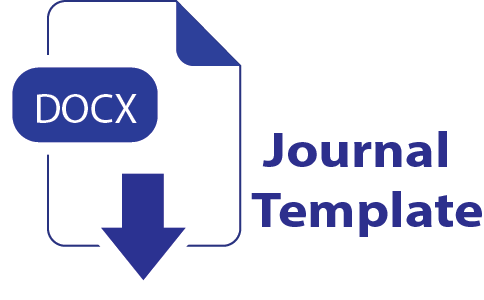EFL teacher educators’ writing assessment literacy: Knowledge, beliefs, and practices
DOI:
https://doi.org/10.15294/elt.v13i3.5143Keywords:
Writing Assessment Literacy, Teacher Educators, Writing SkillAbstract
In the Indonesia context, there have been merely a small number of studies exploring teacher educators’ writing assessment literacy. The study aimed to identify and address teacher educators’ writing assessment literacy, as assessments serve two primary objectives: evaluating what students have accomplished in writing and improving their writing learning processes. This study adopted Crusan et al., (2016) framework, which focuses on knowledge, beliefs and practices. Two teacher educators from a private university and an Islamic private university participated to provide the data of their writing assessment literacy which were gathered from questionnaire, interviews and documents. The findings revealed that teacher educators’ knowledge is shaped by their course writing activities, which focus on teaching academic writing, preparing students for IELTS, attending prior education programs, gaining teaching experience, and engaging in self-learning. Hwoever, their beliefs about writing assessment vary, influenced by challenges such as students’ poor organization of ideas, disorganized structures, grammatical errors, limited class time, and low vocabulary mastery. Additional factors such as heavy workloads, subjectivity in grading, and maintaining accurate assessment practices also shaped their beliefs. In practice, teacher educators commonly used IELTS Writing Tasks and self-assessment for student reflection, but only one utilized portfolio assessment. Scoring rubrics were mostly adapted from research papers and the IELTS Writing Band Descriptors. These findings highlight the need for targeted professional development to enhance teacher educators’ assessment literacy, particularly in diversifying assessment tools and addressing subjective and workload challenges. Supporting teacher educators in these areas could lead to more consistent and effective writing assessment practices.

_.jpg)
_.jpg)

